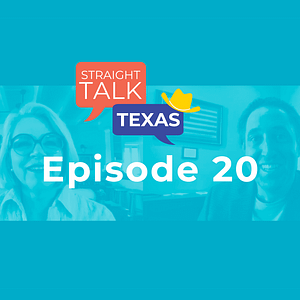Health care prices are unsustainably high and rising, causing individuals to skip needed care, while also harming business growth, employee compensation, and taxpayer funding.
Health care prices in Texas are unaffordable and continue to rise at unsustainable levels. The total premium for employer-sponsored insurance — which covers about half the population — to cover a family averaged nearly $27,000 in 2025. That’s a 6% increase from the prior year and one-third of the median household income in Texas. Price increases have made care unaffordable, even for the insured: Over half of Texans with health insurance report skipping care due to cost. Meanwhile, nearly 17% of Texans lack any health insurance, creating substantial financial and health risks for this population. What’s worse, these increased prices aren’t corresponding with increases in quality of care. The price of care is associated with consolidated market power rather than the quality of care.
Safety net programs are under-utilized by those eligible for existing programs, contributing heavily to Texas’ worst-in-the-nation uninsured rate. Over half of uninsured Texans are eligible for free or government-subsidized health insurance programs, but are unenrolled. While media attention has focused on Medicaid expansion — a fiscally beneficial smart choice for Texas should we choose to take it — expansion would only solve for about 16% of the uninsured population. Increasing uptake among the eligible but unenrolled population will be necessary to address Texas’ uninsured problem, regardless of whether we expand eligibility for Medicaid.
All policy is health policy. While improving access to affordable quality care is important, so much of what impacts overall health is related to day-to-day non-medical factors: what kind of job you have, where you live, your level of physical activity, the air you breathe, the food you eat and the water you drink. By making meaningful improvements in education, workforce, infrastructure and natural resources, we can have a significant impact on the health of Texans.









